Cannonball in Saint Paul's Episcopal Church
This cannonball stands as a reminder of the final act of a fleeting governor amidst a revolution.
This entry is a stub
The last royal governor of Virginia, Lord Dunmore, in an act of desperation and anger, attacked Norfolk as he fled Virginia. As he drifted off to sea after being embarrassed at the Battle of Great Bridge, Dunmore shelled the city. In retaliation, patriots attacked loyalists across Norfolk and burned down their homes. Much of the city was destroyed in the carnage except for Saint Paul’s Episcopal Church.
Originally built in 1739 as the Borough Church to serve an Anglican congregation, Saint Paul’s is an excellent surviving example of colonial Georgian architecture. Aside from having a British round-shot stuck in its side, Saint Paul’s Church is also the only colonial-era building that survives to this day in Norfolk.
It’s believed that the Liverpool, a ship in the Royal Navy, fired the cannonball that became lodged in the side of the church. By the 1830s, the cannonball was no longer in it’s resting place. It was later discovered in the nearby cemetery around ten years later. The cannonball was then returned to its original home on the side of the church.
After the American Revolution, war and conflict were not done with Saint Paul’s Church. On May 10, 1862, President Abraham Lincoln personally organized and oversaw an amphibious expedition from Fort Monroe to Capture Norfolk and the valuable Navy Yard in adjacent Portsmouth. Confederate Forces surrendered the city without a fight and The Union Army used the church as a chapel until the end of the war. After the Confederates surrender at Appomattox, Saint Paul’s Church was returned to its congregation, but was in much need of restoration. Saint Paul’s Church stands today as a steadfast reminder of perseverance and tenacity during tumultuous times.
Today, you can see the cannonball above a plaque that reads, “FIRED BY LORD DUNMORE JAN 1, 1776.”
Know Before You Go
Parking is readily available and the public is welcome in the churchyard during the day. Self-guided tour brochures are available in the church vestibule. Guided tours of the church are offered upon request.


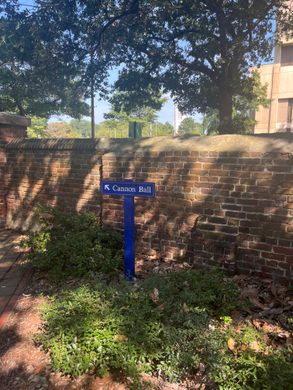






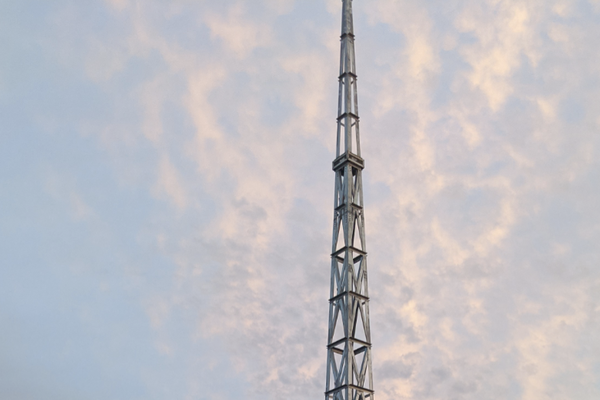

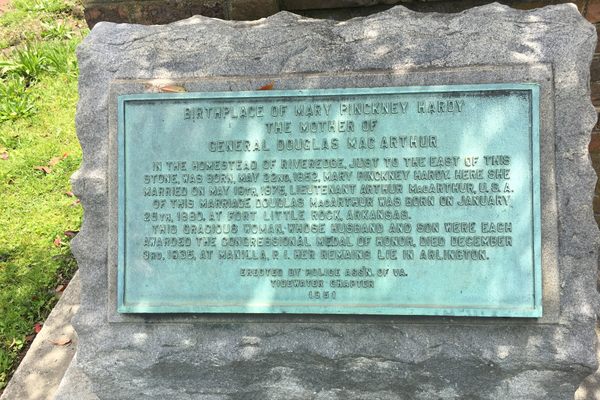


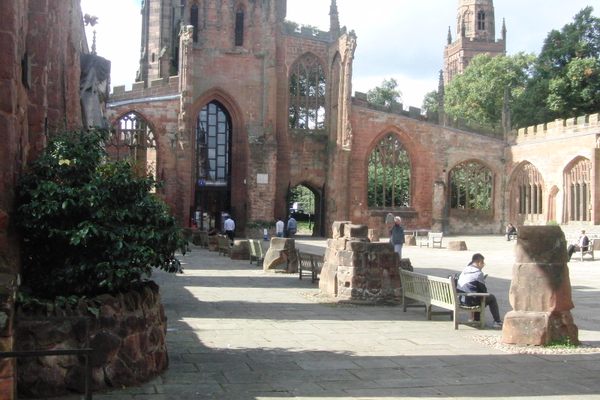

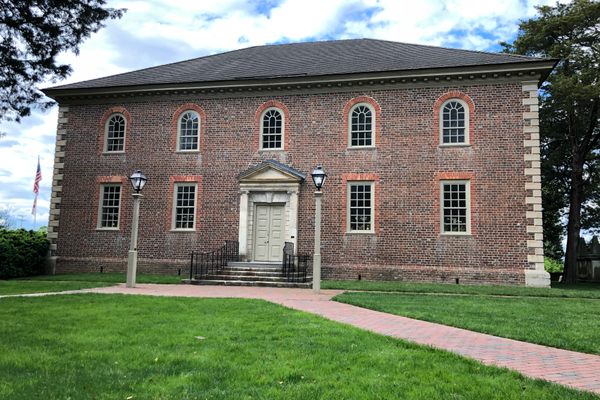

Follow us on Twitter to get the latest on the world's hidden wonders.
Like us on Facebook to get the latest on the world's hidden wonders.
Follow us on Twitter Like us on Facebook